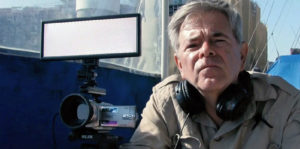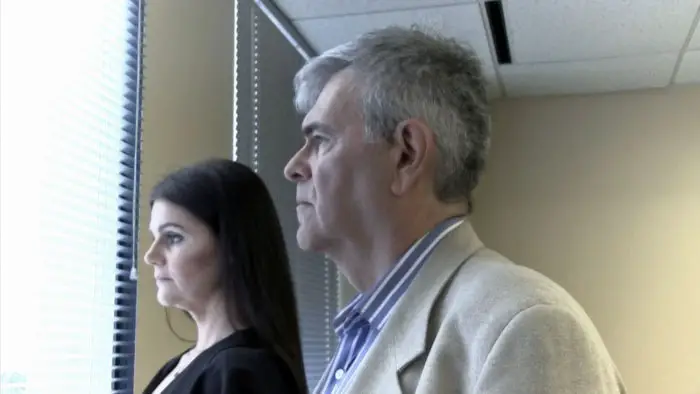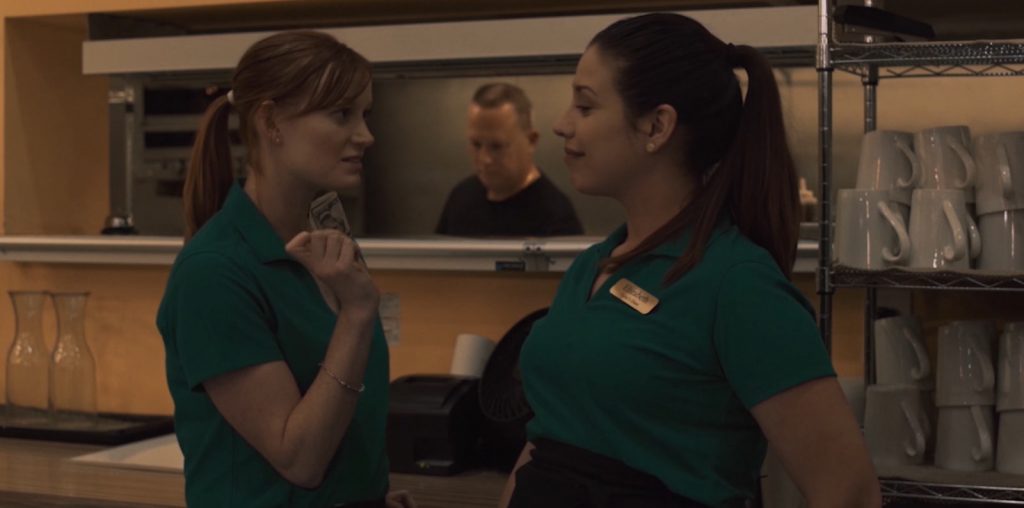
Finding its inspiration from The Long Good Bye and Chinatown, Daniel J. Coplan’s feature, 8 Winds , follows an over-the-hill filmmaker, a comedy club owner, and a reclusive billionaire as they are drawn into an intrigue where a Russian Oligarch fights for control of California’s water supply.
Charles Nabis (Dan Coplan) is a middle-aged man with a passion for cinema and the movie business. While schmoozing at industry parties and film festivals, he has recurrent feelings of dread deep down. The only way Charles knows how to deal with his dread is to take action for the sake of justice. He does this by coming to the aid of a young Muslim woman, who, like the rest of her family, has been attacked at one point or another since coming to America.
Meanwhile, Russian Oligarch Boris and his henchman Michaeil will stop at nothing to gain control over California’s water supply…even if it involves murder and violence. His plan involves corporate espionage through physical and financial intimidation.

“The only way Charles knows how to deal with his dread is to take action for the sake of justice.”
From the mind of Daniel J. Coplan, 8 Winds turns an ancient Buddhist parable into a no-budget political thriller. Coplan says, “As a practicing Buddhist, I always infuse my stories with some of the Buddhist values.” His story is based on the titular story, The Eight Winds.
“Worthy persons deserve to be called so because they are not carried away by the eight winds: prosperity, decline, disgrace, honor, praise, censure, suffering, and pleasure. They are neither elated by prosperity nor grieved by decline. The heavens will surely protect one who is unbending before the eight winds.”
Coplan continues, “I thought it was a great title for a movie. I’ve always been a fan of noir, spy stories, and tales of espionage, where the plot is a chess game. I knew this was the genre that I was going to play in.”
After spending the bulk of his career working on other people’s projects, 8 Winds was a chance to tell his story, but Coplan had to find a way to tell it with no budget. “I have always believed that creativity will outshine budget. In conceiving the story and writing the script, I had to write for what I controlled, whether it was locations, actors, props, and or special effects. When I say control, I mean beg, borrow, steal, or own,” explains Coplan. “I wanted to have a chase for my film! I had a vision of Charlie chasing the villain and turning the corner, only to find a massive protest demonstration in his way. You might ask how I could get a demonstration when I had no money. Los Angeles has an annual May Day march. My plan was to shoot the end of my chase against that event.”

